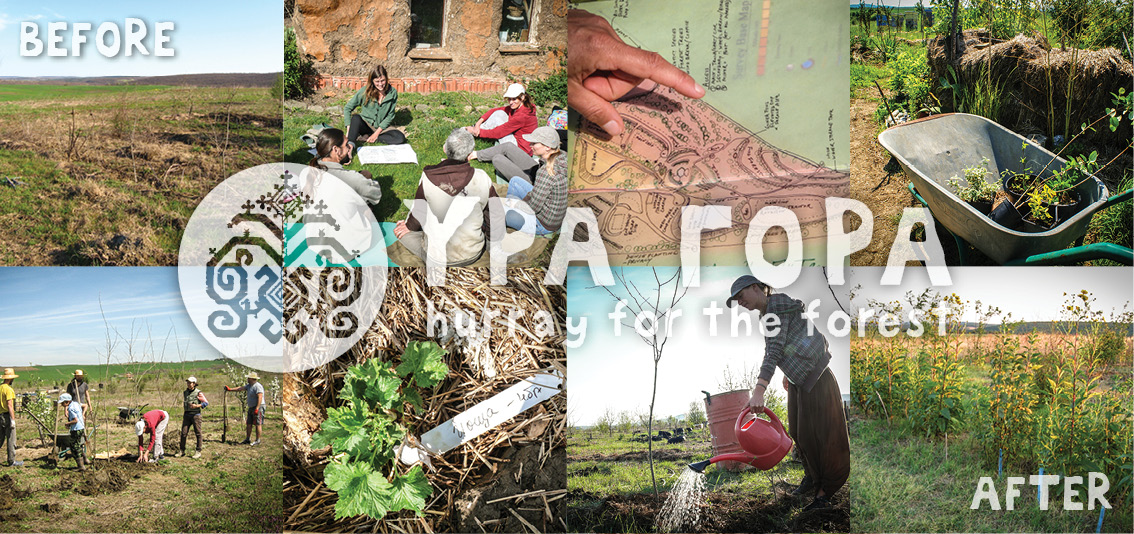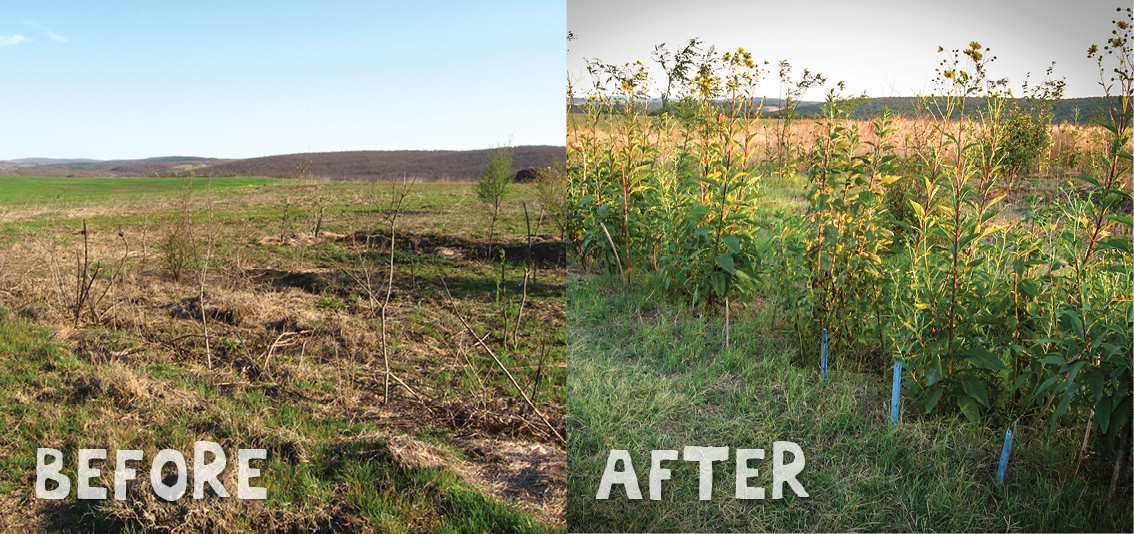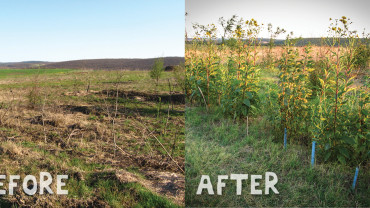Project Detail
-
Started Date
1. January 2015 -
Completion Date
7. July 2025 -
Categories
Our Future Forest
Forest Gardening is an ancient system of gardening like nature, used by many traditional cultures and now popularised through permaculture. These are systems for stability and resilience in times of economic and environmental crises, by combining plants for windbreak, fertility, food, medicine and fuel to provide with abundance the resources we need to live in harmony with nature.
Our aim is to develop step by step a flourishing forest garden system on this degraded land to balance climate, restore fertility, provide perennial low maintenance food production; and create together a beautiful, peaceful environment for living and learning!
In 2015 the project ‘Our Future Forest’ was funded under the program to support NGOs in Bulgaria Financial Mechanism the European Economic Area the 2009-2014 ” in conjunction with Za Zemiata (Friends of the Earth, Bulgaria) contest “Do-it-Yourself”.
Overview of need in the region:
There is an ever increasing need for reforestation in Bulgaria, especially in the large areas cleared and degraded for mass agriculture. There are clear links between forestation and the regulation and stability of an ecosystem.
This reforestation is not only the responsibility of special departments; we as global citizens and local active communities must be part of this- for the benefit of the environment as a whole and in the creation of forests as productive ecosystems that support our needs for food, shelter, medicine, fuel, enterprise and clean peaceful place for living and learning. In turn we must see ourselves as caretakers of these systems, which we oversee and maintain in their development to maturity and stability.
These new forests are vital to avoid the typical mono-cultures that are a poor replacement for ancient forests, instead being designed around diverse poly-cultural plantings that make use of collected rainwater, build fertility and stability in the soil and regulate air and water in the micro climate.
Background to project
The foundation has the use of 2.5 Hectares, owned by its founders which is open to visitors and volunteers, on which we aim to create a demonstration site for a large forest garden system.
We have already begun to reforest this area and improve the soil, testing methods of design, species, systems of planting and irrigation suitable to the harsh conditions of this land. We have invested our own time and resources to this end and received much help from volunteers as part of weekend actions and longer term placements we have organised.
We are surrounded by approximately 30 Hectares owned by other families with desire to develop an Eco-village in this area. Outside of this we are surrounded by vast mono-culturally worked lands where there is danger from desertification, erosion, contaminated groundwater. This area sits between three villages of decreasing population due to low economic and social opportunity.
Within the scope of this program we aim to create with volunteers, two test areas of forest garden in which we record and publicise the results for purposes of education and development of further stages of the overall system. The intended goals are:
Forest based productive system giving multiple high value yields for low long term energy input in terms of labour and non-renewable resources.
Windbreak established using fast growing, hardy pioneer species to protect areas for living, volunteer and guest camp and also productive gardens and orchards.
Using earthworks of various scales (Swales- channels on contour; Boomerangs- small ditches and mound on contour) to passively collect, hold and infiltrate rainwater from the landscape to establish plants faster, protect from erosion and run-off and reduce energy input.
Collective planting and recording of system with volunteers, including children, as opportunity for education, including observation of functions of natural ecosystem, how to adapt elements to damaged area and gauge appropriateness. Also ongoing observation of plant development in system, in response to weather conditions, human maintenance and positive or damaging interactions with wild plants, animals and insects.



